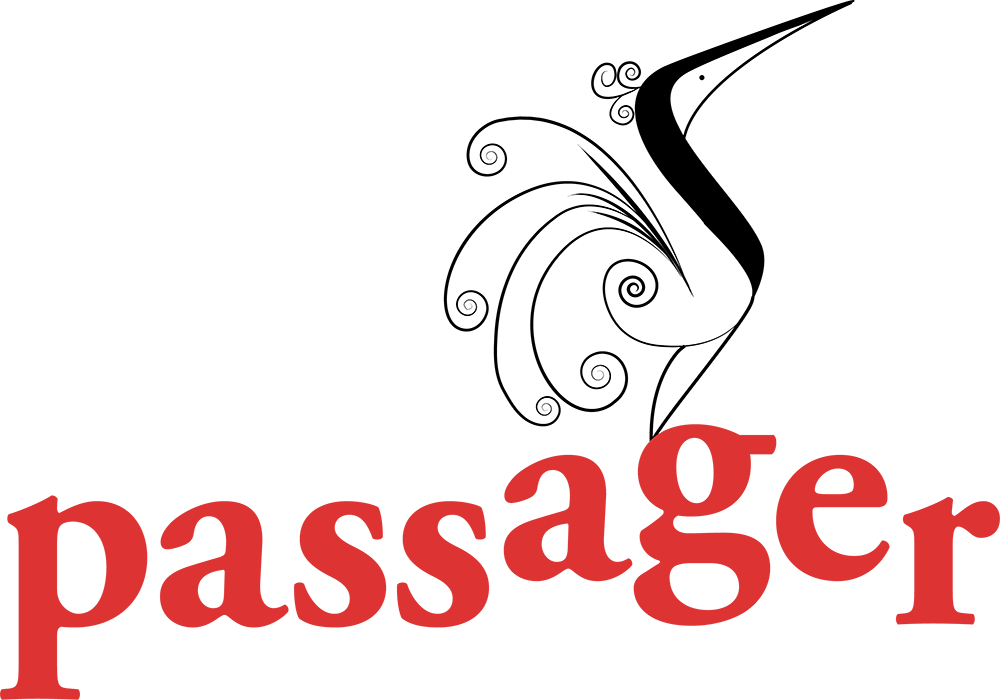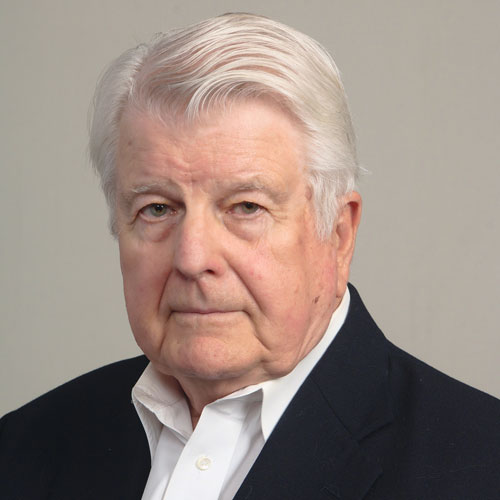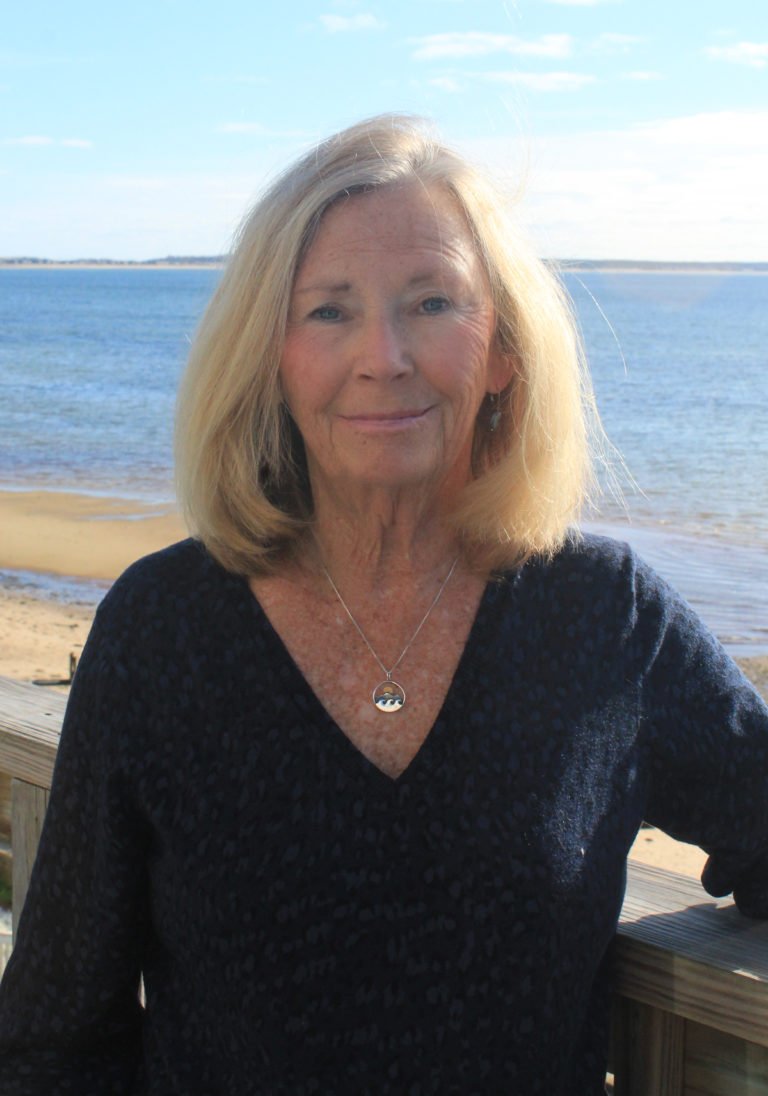Birth and Rebirth




Enjoying all that came before, what is here now, and what will be with poems by John Glowney, Sharron Singleton, Maryhelen Snyder and Henry Morgenthau III.
7 minutes
TRANSCRIPT
It’s early April . . . Easter, Passover, bunnies, spring, new growth, birth and rebirth… On this edition of Burning Bright, some pieces appropriate to the season.
John Glowney said that his poem “About Life” grew out of a line from a poem he wrote which considered the after-life as a well-lit apartment without dawn or sunset. And that led him to contemplate a “before-life.”
Yes, I really did like those days,
right before
they slap you on the bottom
hand you wiggly fingers
and the one-page instruction booklet
with the single word sex,
and say have at it.
It was mesmerizing
to drink rain-water
before its long drift down
to spatter the rhododendrons
outside the window. And no flu-like
symptoms. No guilt, sorrow, regret,
no, that was all laid out
like new clothes across a bed.
I admit I preferred
the before-life,
poised far above the swarming globe,
dense stars to my left,
the savannas of sun to my right,
the broad swathes of blue air, a faint hiss
that might be music, or war –
as if at the top of a slide,
then, whoosh,
down we go, landing elbows scraped
and head swimming
as we march, single-file, into the classroom.
“About Life,” John Glowney from Passager’s Winter 2013 issue.
Sharron Singleton said, “I clearly remember the moment when I fell in love with poetry. I was six and had a little Golden Book of Robert Louis Stevenson’s A Child’s Garden of Verses.” Here’s Sharron’s poem “This Is How.”
First, the awk! awk! awk!
of the pileated woodpecker who
peels back the cataract of night,
second, long sinewy limbs
of clouds stretched over
Big Bluestem prairie grass
and the blue whale singing
in indigo depths, third, wind
frothing her skirts, fourth,
the wrung hair of rain,
fifth, a yellow sizzle of finch,
sixth, the galaxy of delphinium,
its blue and white stars winking,
seventh, the long groan
of rockbone splitting open,
eighth, the volcano whose
burning tongue licks
all things into death, then
new green through blackened
earth, ninth, the mute worm
and his two jobs, to part
the earth and wait for us,
tenth, the holy hunger
of the vulture, the one
who knows –
is how the earth insists.
Sharron Singleton’s “This Is How” from Passager’s 2010 Poetry Contest issue. Sharron said, “Sometimes I regret that I didn’t start writing poetry sooner. But you can’t do that with your life. I realize it doesn’t matter when you start, you’re going to get old anyway whether you write or not. So you might as well begin.”
Sharron was the 2010 Passager Poet. Maryhelen Snyder was the 2016 Passager Poet. Here’s her poem “The Unbearable Pleasure of Living.”
A sprig of weed vine emerges as though overnight
from the trimmed crown of the hedge. At first glance,
it annoys like that white hair on my chin. At first thought,
it demands clipping or pulling. At the Gardens yesterday,
I gazed through a glaze of tears at the blown up
microscopic view of a sunflower seed. That is how
beautiful we are. And winged. And ready to invade the
world, head first. Let life make love to itself.
The sink is beginning to collect dishes. There are
two calls: to scrub them, yes, but first, to be astonished.
To imagine a bowl, a cup, a spoon. To discover –
as though waiting for us – the cup of the empty shell,
the bowl of the concave stone, to fill it not only with
food or drink, but with words, with world, with ourselves.
“The Unbearable Pleasure of Living,” Maryhelen Snyder. She said, “I think I was always a poet because I think we are all poets and philosophers, by nature.”
So this is a season of birth and rebirth, but it’s also a season of two religious holidays that celebrate birth, new life, freedom. They’re about God. Here’s Henry Morgenthau III’s poem “Yes, Virginia, There Is a God.”
Not the God worshiped by your parents
nor those who appear to love or despise you.
Not the God we created to guide us
on that short journey called life,
a journey on a narrow bumpy road.
Not the God that empowers us
with shock absorbers to travel ever faster
from generation to generation,
more comfortably, more hazardously,
as we try to reach out beyond the world
designed for us. A world where all humans
are created unequal.
Not the God who masquerades as our shepherd,
grades our talents, foresees our destiny.
Not the God who protects us against our enemies,
who have made deals with their own gods.
Not the God who resides in a holy place
and hears our prayers.
So, Virginia,
may you grow up to discover
the God you can never hear nor speak to,
who dwells in sacred space.
Henry Morgenthau’s poem “Yes, Virginia, There Is a God” from his book A Sunday in Purgatory.
To buy A Sunday in Purgatory or one of Passager’s archival issues or to subscribe to or learn more about Passager and its commitment to writers over 50, go to passagerbooks.com. You can download Burning Bright from Spotify, Apple and Google Podcasts and various other podcast apps.
For Kendra, Mary, Christine, Rosanne, and the rest of the Passager staff, I’m Jon Shorr.



